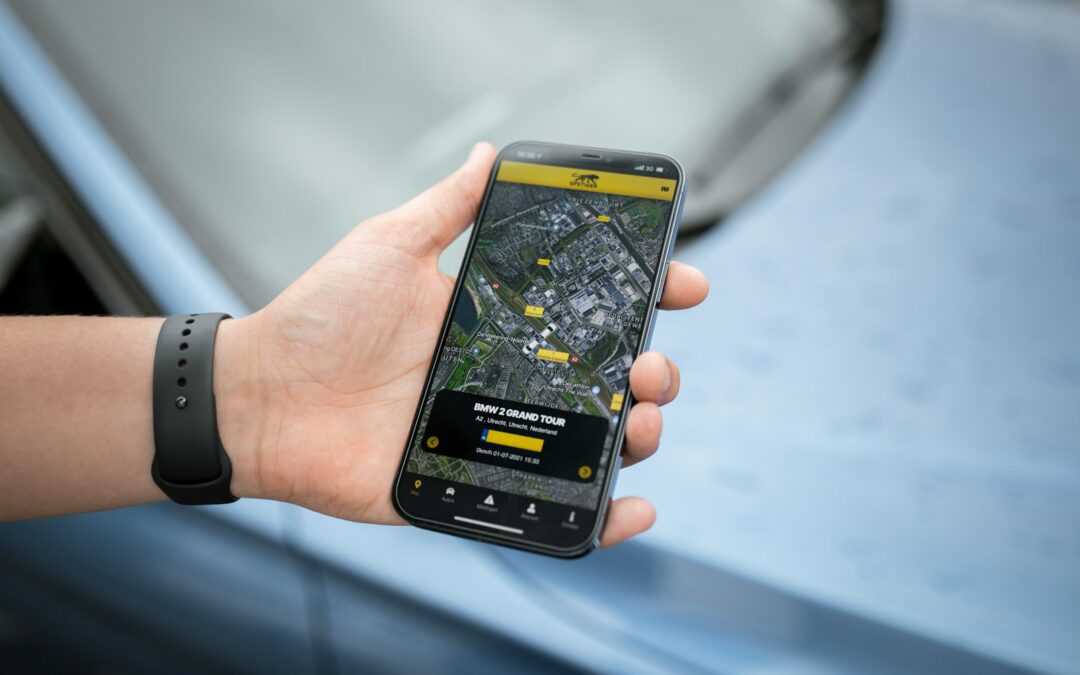Establishing Robust Frameworks for Autonomous Vehicle Systems in Saudi Arabia and the UAE
Industry Standards and Guidelines for Autonomous Vehicle Systems are crucial in ensuring the safety and interoperability of this rapidly evolving technology. As Saudi Arabia and the UAE position themselves as leaders in technological innovation, developing and adhering to robust industry standards is essential for fostering public trust, enhancing safety, and promoting seamless integration across various platforms. This article explores the vital role these standards and guidelines play in shaping the future of autonomous vehicle systems in these regions.
The safety of autonomous vehicle systems is paramount, and industry standards play a critical role in establishing the protocols necessary to protect passengers, pedestrians, and other road users. In Saudi Arabia and the UAE, where the adoption of advanced technologies is accelerating, implementing rigorous safety standards is essential. These standards provide a framework for the design, testing, and deployment of autonomous vehicles, ensuring that they meet high safety benchmarks before they are introduced to public roads.
Moreover, industry standards facilitate continuous improvement by incorporating feedback from real-world deployments and technological advancements. This iterative approach ensures that safety protocols evolve alongside the technology, maintaining high safety levels as autonomous vehicle capabilities expand. In the UAE, initiatives like the Dubai Autonomous Transportation Strategy emphasize the importance of adhering to international safety standards to achieve the goal of transforming 25% of all journeys into autonomous journeys by 2030.
Promoting Interoperability for Seamless Integration
Interoperability is another critical aspect of autonomous vehicle systems, and industry standards are instrumental in ensuring that different systems can work together seamlessly. In regions like Saudi Arabia and the UAE, where infrastructure development and technological integration are rapidly progressing, promoting interoperability through standardized guidelines is vital. These standards enable various autonomous vehicle systems to communicate and interact effectively, creating a cohesive and efficient transportation network.
Standards for interoperability cover communication protocols, data formats, and interface specifications. By defining these elements, industry standards ensure that autonomous vehicles from different manufacturers can share information and operate harmoniously within the same environment. For example, standardized communication protocols allow autonomous vehicles to exchange data with traffic management systems, enhancing traffic flow and reducing congestion in urban areas like Riyadh and Dubai.
Interoperability standards also facilitate the integration of autonomous vehicles with other smart city technologies. In the UAE, where smart city initiatives are a key focus, ensuring that autonomous vehicles can interact with infrastructure such as smart traffic lights and connected roadways is essential for creating a seamless urban mobility ecosystem. These standards enable the development of integrated solutions that enhance overall transportation efficiency and user experience.
The Role of Leadership and Collaboration in Setting Standards
Leadership and collaboration are crucial in developing and implementing industry standards and guidelines for autonomous vehicle systems. In Saudi Arabia and the UAE, government agencies, industry leaders, and academic institutions must work together to establish comprehensive standards that reflect the latest technological advancements and best practices. This collaborative approach ensures that the standards are robust, relevant, and widely accepted.
Industry leaders and academic institutions contribute by conducting research, testing new technologies, and providing expertise in standard development. Collaborative research initiatives, such as those involving Saudi universities and international tech companies, can advance the understanding of autonomous vehicle technology and inform the creation of effective standards. These collaborations also help build the talent pool and infrastructure necessary for supporting autonomous vehicle innovation in the long term.
In conclusion, industry standards and guidelines are fundamental in ensuring the safety and interoperability of autonomous vehicle systems. Saudi Arabia and the UAE, through their commitment to technological leadership and collaborative standard-setting, are well-positioned to lead in this area. By prioritizing rigorous safety standards and promoting interoperability, these nations can create a robust framework for the successful deployment of autonomous vehicles, fostering public trust and driving business success in the process.
#IndustryStandards #Guidelines #AutonomousVehicles #Safety #Interoperability #AI #Blockchain #SaudiArabia #UAE #Riyadh #Dubai #BusinessSuccess #ChangeManagement #Leadership #ManagementSkills #FutureMobility

